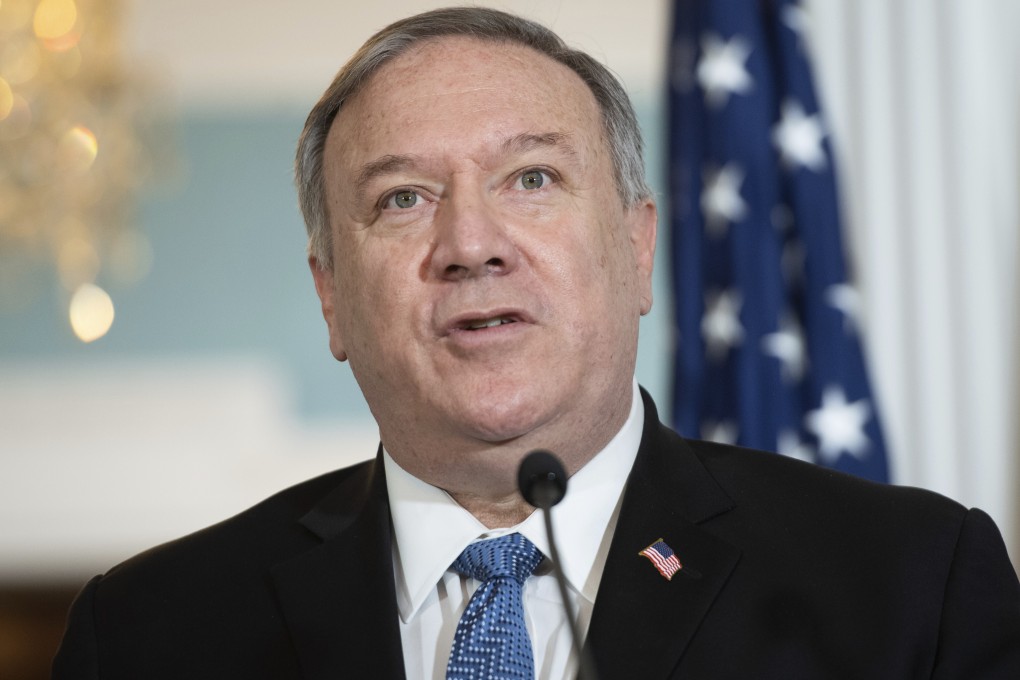Advertisement
What a White House reporter’s demotion tells us about Mike Pompeo and the Trump years
- The demotion of a Voice of America journalist after she tried to ask a question of the secretary of state invites an unflattering comparison with the Chinese government’s treatment of citizens who ‘pick quarrels and provoke trouble’
Reading Time:3 minutes
Why you can trust SCMP
14

“Picking quarrels and provoking trouble”, the catch-all charge often invoked by the authorities in Beijing to stifle dissent, was used against citizen journalist Zhang Zhan last month, sending her to prison for four years for her reporting on the coronavirus pandemic.
The move prompted US Secretary of State Mike Pompeo to rail against a Chinese Communist Party that “will do whatever it takes to silence those who question the party’s official line”.
The statement is no surprise, given that the US State Department has been a factory of anti-China pronouncements since Pompeo took over in 2018, but also warranted, given that the world needs to show support for courageous souls like Zhang.
Advertisement
Ironically though, the quarrels-and-trouble charge also appears to have been used by Trump appointees against Patsy Widakuswara, the Voice of America White House correspondent, who had the temerity to shout out a question to Pompeo after his address to the VOA and discussion with the broadcaster’s director Robert Reilly last week.
She was immediately demoted by Reilly after doing what any respectable journalist would have done: She asked what message Pompeo was sending to the world with his declaration, after the 2020 presidential election was called in Joe Biden’s favour, that he was preparing for a second Donald Trump term.
Michael Pack – appointed by President Donald Trump last year to head the agency that oversees the VOA and accused by US lawmakers in both parties of undermining Hong Kong’s pro-democracy movement – helped set the scene at the VOA’s auditorium last week, with remarks that could be read as a mea culpa for the pro-Trump insurrection at the US Capitol.
Advertisement
Select Voice
Select Speed
1.00x
